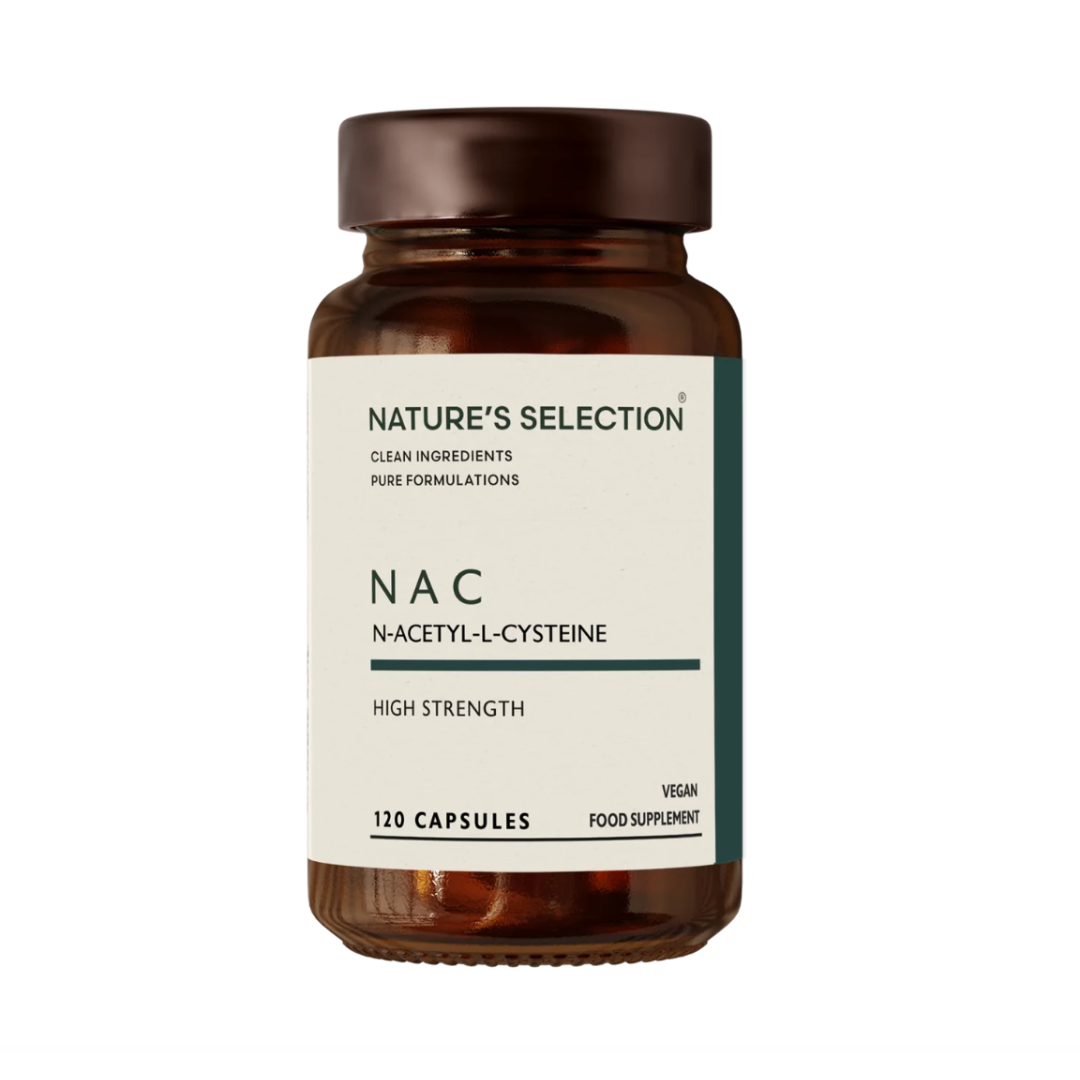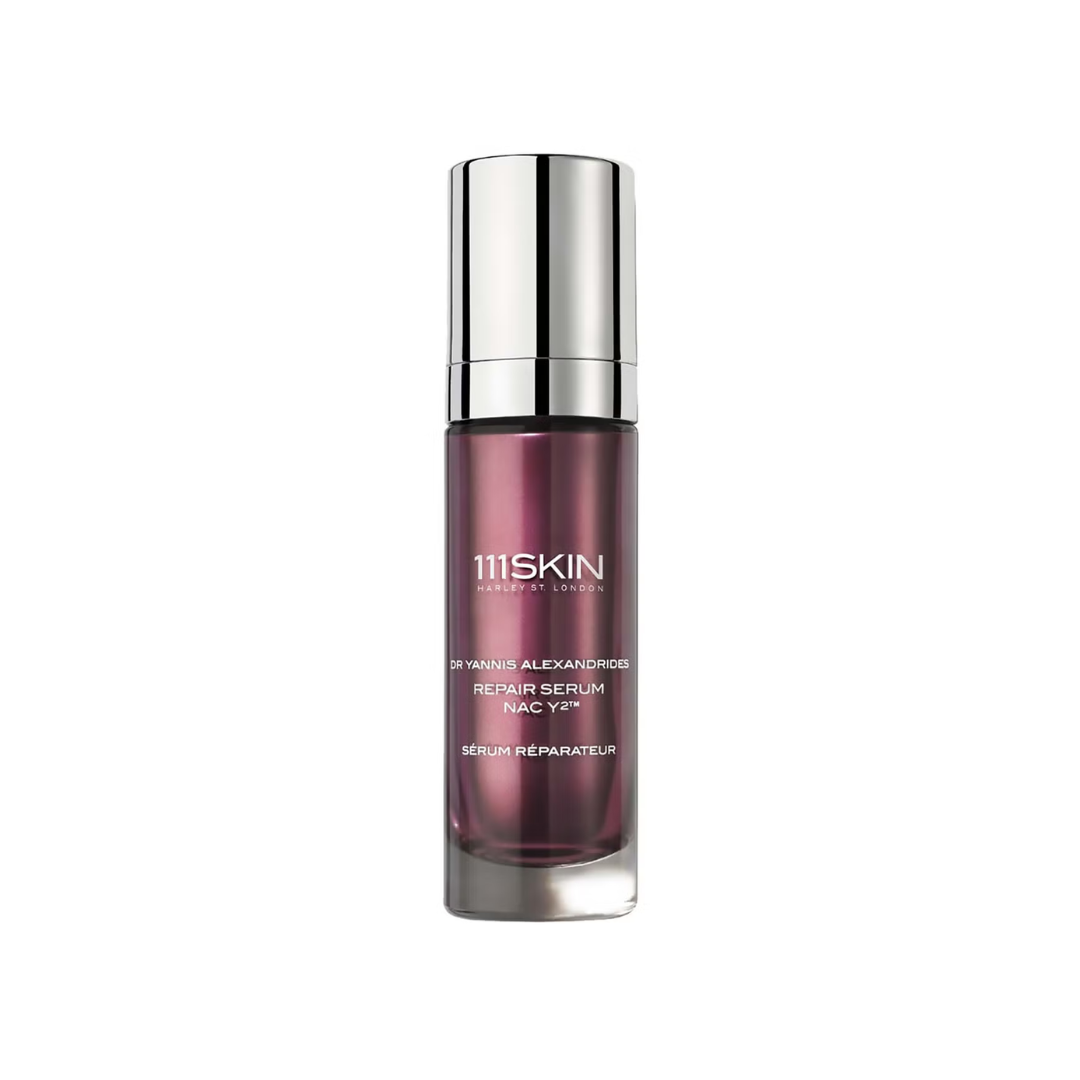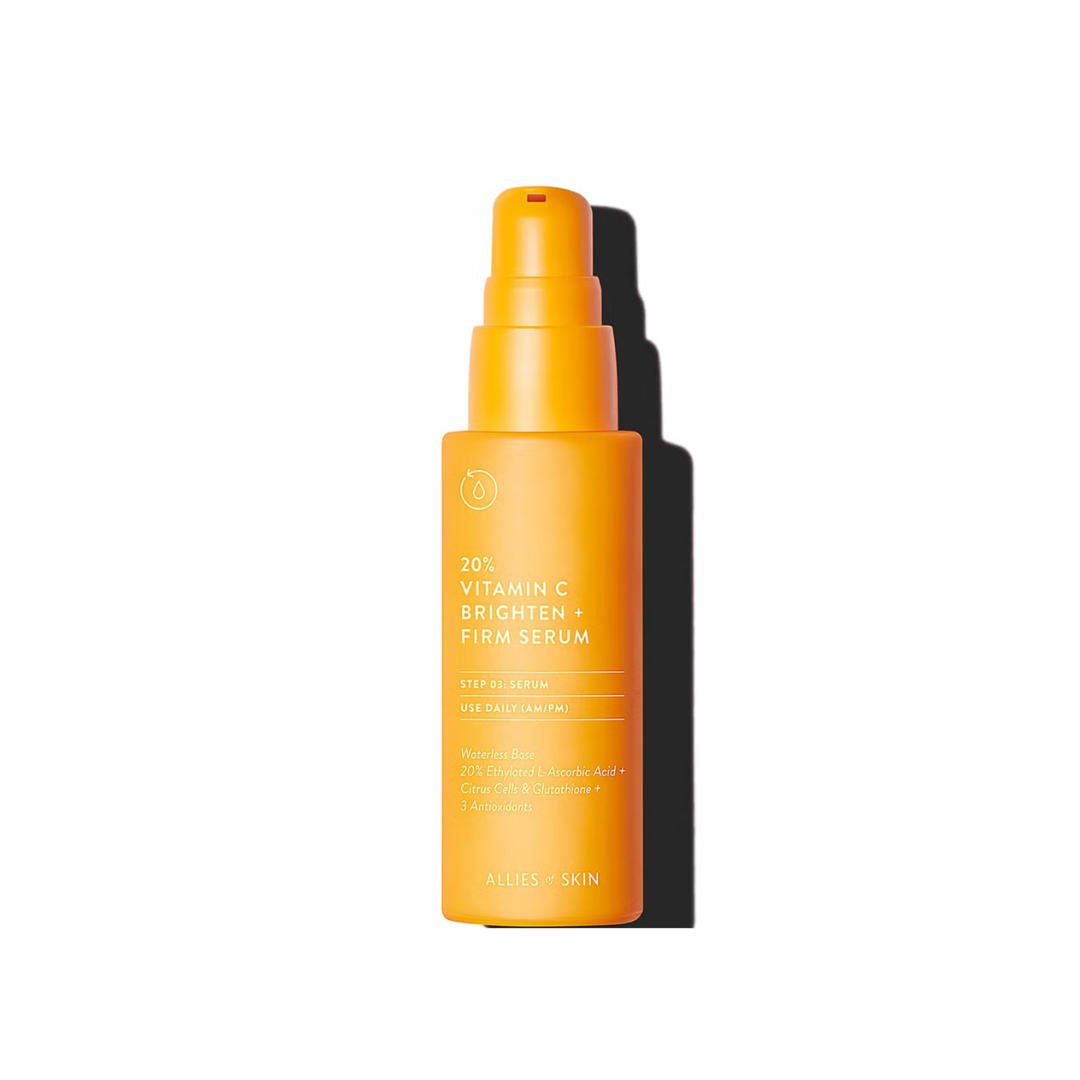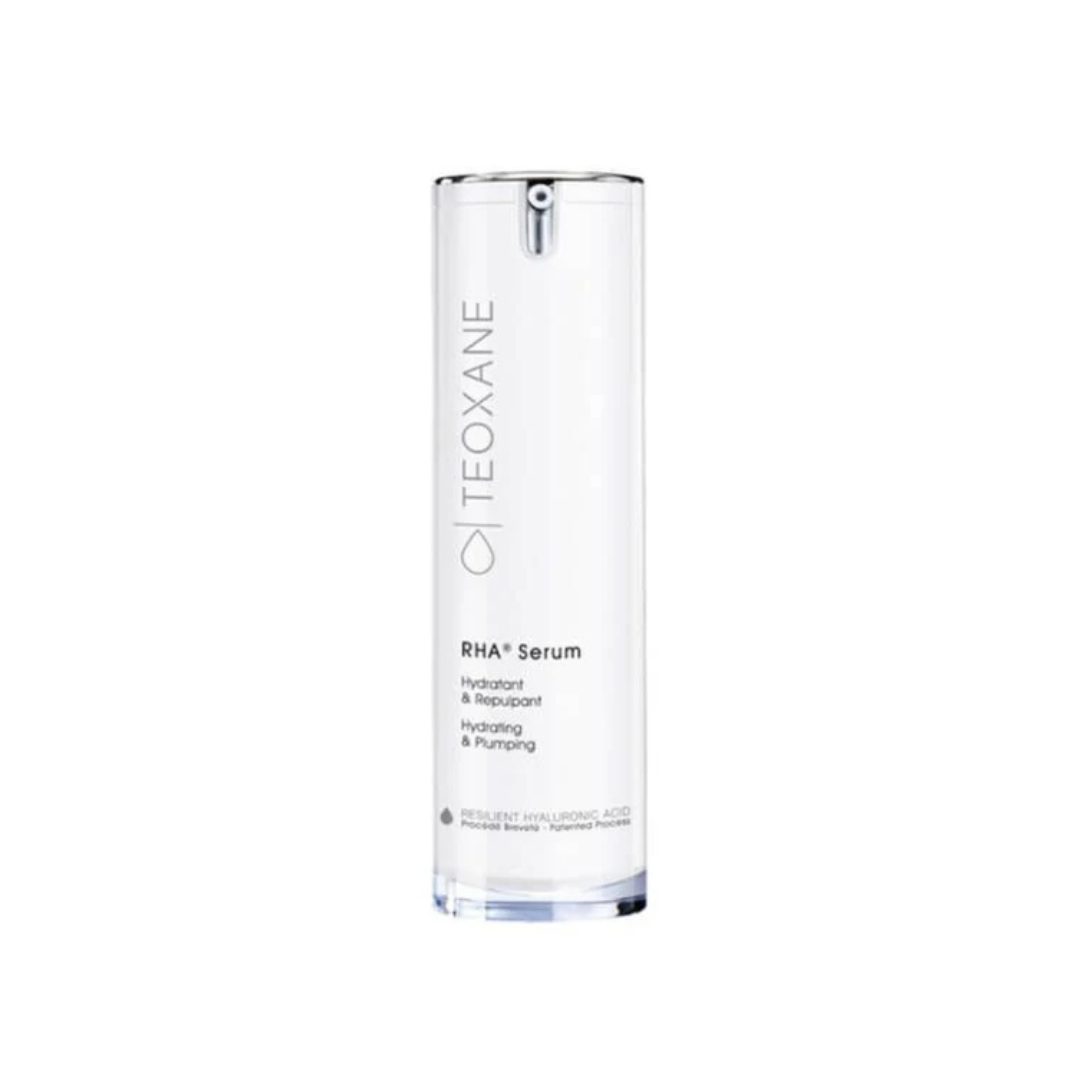NAC Is the New Skincare Ingredient Beauty Insiders Are Quietly Obsessed With
Skincare’s best-kept youth secret
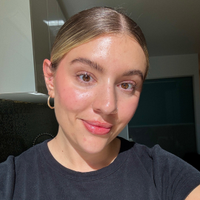

Scientific discoveries within skincare have come on leaps and bounds in the past decade. And while natural ingredients work for many, sometimes you just can't deny the science of emerging technologies and approaches. NAC is one such example; used for years within supplements, this antioxidant-boosting compound is now being found within topical skincare—perhaps most notably at doctor-founded brand, 111Skin.
Its increasing popularity is hard to deny; within the cosmetic, healthcare, and food industries, the NAC market is is projected to reach USD 13.5 billion by 2033, marking huge growth. "NAC has strong scientific credibility and multifunctional benefits that appeal to consumers who increasingly favour evidence-based, clinical-grade actives," says Dr Yannis Alexandrides, who created the luxury line, 111Skin.
Here's why you should sit up and take notice of the buzzing ingredient.
What is NAC and how does it work as a supplement?
NAC, short for N-acetylcysteine, is a "modified form of the amino acid cysteine and a precursor to glutathione, which is your body’s most powerful antioxidant," explains Dr Alexandrides. For this reason, it helps to protect skin from oxidative stress (such as the kind that comes from pollution), but is also important for barrier repair and building tissue.
"NAC addresses several major skin concerns in a single active, making it a great solution for both prevention and repair," says the doctor. "It boosts glutathione production, helps prevent DNA damage, strengthens the skin barrier, supports collagen synthesis, [and all] whilst accelerating post-inflammatory healing."
NAC has most traditionally been used within supplements, making it a compound that straddles the realms of wellness, lifestyle and beauty. Studies have shown it can be helpful in aiding in cognitive function and specific neurodevelopmental disorders, although scientific findings are largely still in their infancy in most areas. It's also been said to show promise in helping with metabolic disorders, although again, research is currently limited and needs more work.
For skin, there have been developments relating to the efficacy of NAC supplements when it comes to conditions such as acne and atopic dermatitis. "Within supplements, the glutathione neutralises free radicals and can help to support skin vitality and healthy skin function from within," advises Dr Alexandrides.
Celebrity news, beauty, fashion advice, and fascinating features, delivered straight to your inbox!
Interestingly, the compound is actually used "in the most demanding environments," including hospitals, and even far from planet Earth. "In the harsh conditions of space, it’s administered through supplements and injections, as it decelerates cell degradation and slows the skin ageing process for astronauts," notes the doctor. And this is before we even get to how it's now being used in topical skincare...
How is NAC being used in skincare?
A rising buzzword in topical skincare, NAC has started to show up in ingredient lists at brands including Allies Of Skin and Teoxane. And for Dr Alexandrides, it's become an essential within some of his most beloved formulations. Case in point? The brand's Repair Serum NAC Y2, which has numerous five star ratings and is said to be used by famous faces such as Priyanka Chopra.
After many years witnessing its reparative properties, Alexandrides got to work to develop said formula. "Back in 2004, in collaboration with leading Bulgarian biochemical engineers, I created a unique topical skincare formula: NAC Y2TM, an encapsulated formulation combining NAC, Vitamin C (a potent antioxidant that also protects the integrity of NAC) and Escin (an anti- inflammatory that helps improve microcirculation to the skin, improving oxygen supply and detoxifying the skin)," he begins.
"This pioneering complex allows the NAC compound to penetrate deeper into the skin and be released slowly over time. It’s designed to support the body’s biggest organ, encouraging ongoing skin support, repair and rejuvenation while shielding it from daily stressors."
Thanks to its anti-inflammatory and healing benefits, Dr Alexandrides believes all skin types are suited to NAC as a topical ingredient.
"NAC has profound benefits when used in skincare formulations, fostering skin repair, collagen production, supporting tissue building, barrier repair, and protecting the skin from oxidative stress ,which helps slow DNA degradation and halts the ageing process on a cellular level," he comments.
He believes the popularity of the ingredient within skincare will continue to grow, in large part due to "innovations like niosomal encapsulation technology." This, he explains, "enhances the stability and bioavailability of NAC, making it four times more effective and allowing it to penetrate deeper layers of the skin with a sustained release over up to eight hours." In short, this means more continuous antioxidant protection and longer-term skin regeneration.
As mentioned, the ingredient is still in its infancy within the topical skincare movement, in part due to the fact studies are still emerging regarding its true efficacy. In saying this, other brands have started to use the ingredient in products that have turned out to be wildly popular, including Allies Of Skin (in their bestselling vitamin C) and Teoxane (within the RHA Serum).
These serums are certainly investments, but if the research so far has anything to say, they will likely be worthy ones.
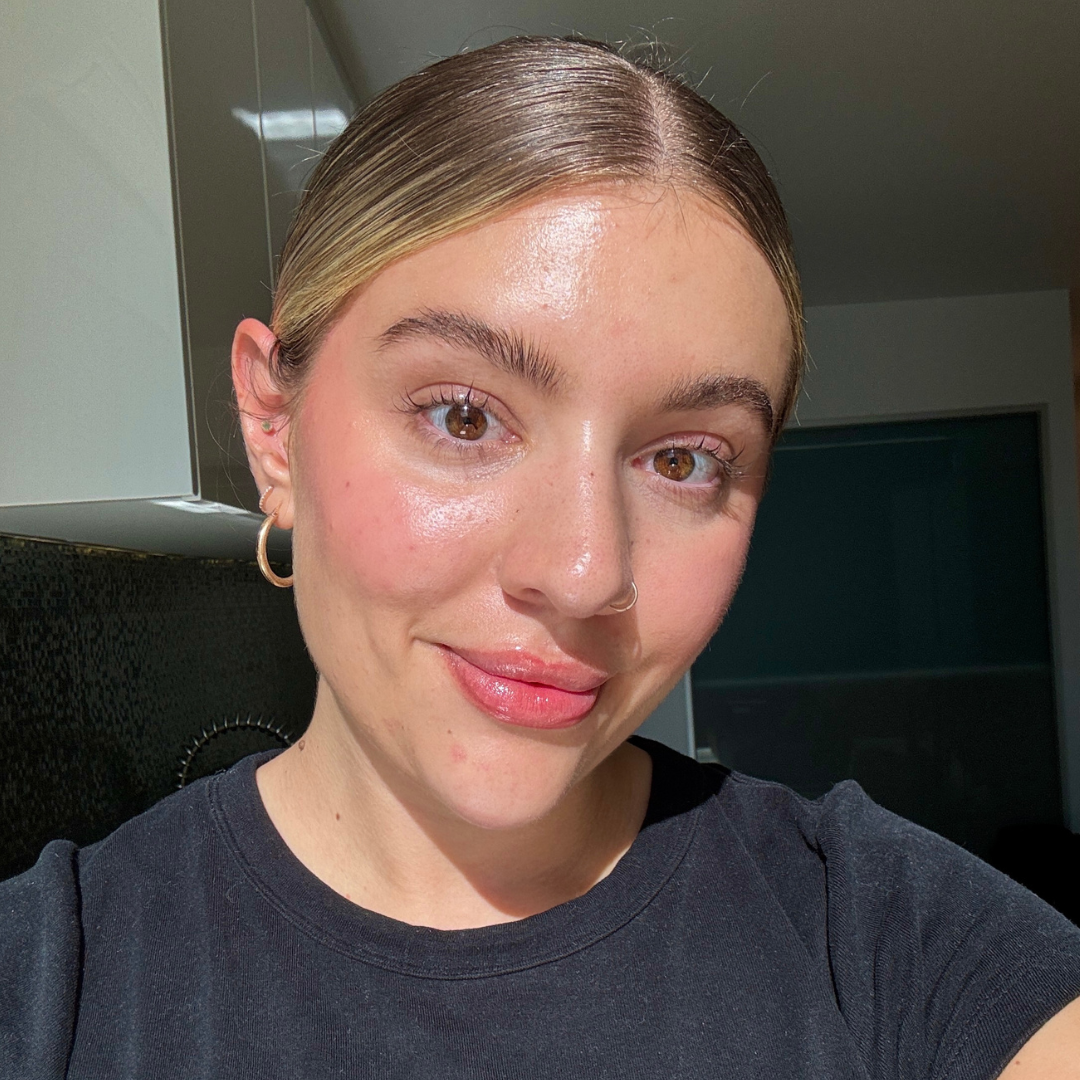
Rebecca is a freelance beauty journalist and contributor to Marie Claire. She has written for titles including Refinery29, The Independent, Grazia, Coveteur, Dazed, Stylist, and Glamour. She is also a brand consultant and has worked with the likes of The Inkey List on campaign messaging and branded copy. She’s obsessed with skincare, nail art and fragrance, and outside of beauty, Rebecca likes to travel, watch true crime docs, pet sausage dogs and drink coffee. Rebecca is also passionate about American politics and mental health awareness.
